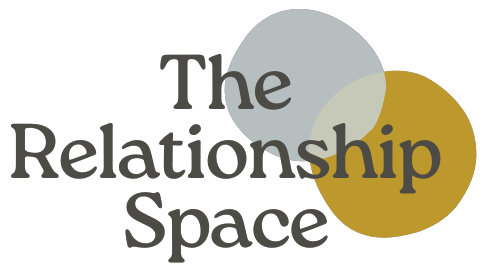What’s your drama dance?
Hi friends,
Every once in a while, I come across a concept that helps explain so many things in my life. That’s how I felt when I learned about the Karpman Drama Triangle. It provided me with a big old mirror to reflect my dysfunction dance moves in relationships. I began to understand why I felt exhausted, anxious, and righteous in certain interactions.
In the 1960’s, Dr. Stephen Karpman described the roles people fall into when anxiety and conflict arise. There are three roles, persecutor, rescuer, and victim. We take on all of these roles. Usually, there is our go-to role and then we try the others out when the first doesn’t work the way we wanted.
https://www.listeningpartnership.com/insight/about-the-drama-triangle-and-how-to-escape-it/
The folks at Deschutes Wilderness Therapy describe these roles beautifully. I encourage you to read their full article. Here is an excerpt describing the roles.
“The Victim — This person takes the stance of ‘poor me,’ or at least has a regular tendency to offer excuses before choosing to find/create a solution. They tend to bend to the demands or requests of the Persecutor and the Rescuer.
The Persecutor — This is an individual who creates strict boundaries. Their commentary typically includes blaming and criticizing either the Victim, the Rescuer/Hero, or both. This person will rarely admit to being wrong. Situations are something for them to leverage to their benefit. They can be bullies.
The Rescuer — This person feels guilty if they don’t step in to help the Victim. They may subconsciously also feel they need to be rewarded or regularly show they ‘did the right thing.”
Here is an example of how this drama dance could play out… “Let me help you” (rescuer)…”I do so much for others and no one does crap for me”(victim) …”It’s not that hard, my five-year old could do this”(persecutor)
We assume these roles unconsciously, in a need to be approved or be right. Staying in these dysfunctional roles prevents us from taking responsibility and doing the harder work to step out of codependency.
So how do you get out of the drama?
Start by gaining awareness of your roles when you are in the drama triangle. If you find yourself looking outward at other’s behaviors, you are likely in the triangle.
Give yourself some compassion. It’s hard to acknowledge we are imperfect humans.
Ask yourself, “how am I contributing to this?”
Examine your boundaries. Are the too loose or too firm? Boundaries will keep you out of other people’s business and keep people out of yours.
Our relationships are mirrors into how we interact with others. A good coach or therapist will hold up that mirror and help you figure out if your behavior is in line with the person you want to be and the relationship you want to have. I am here if you want that support.
With loving support,
Mallory
